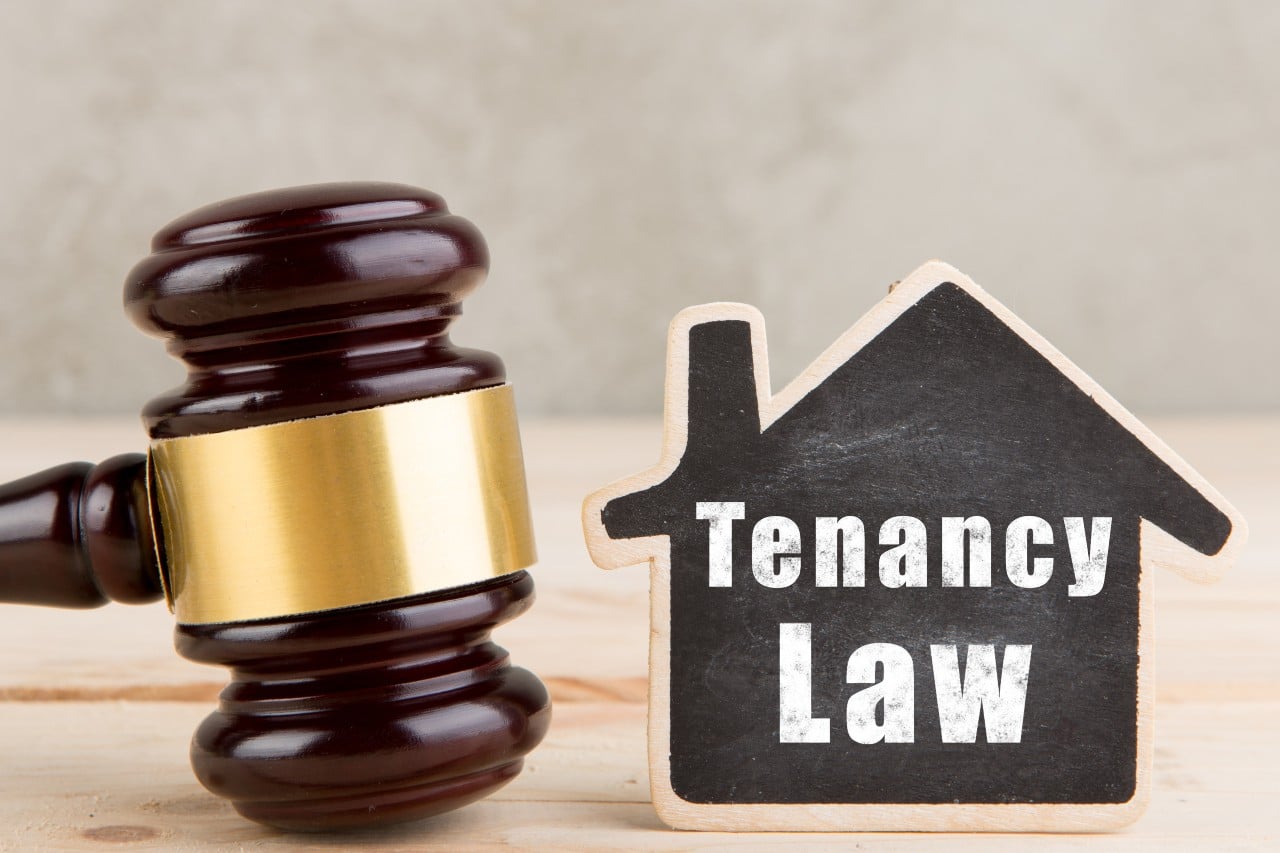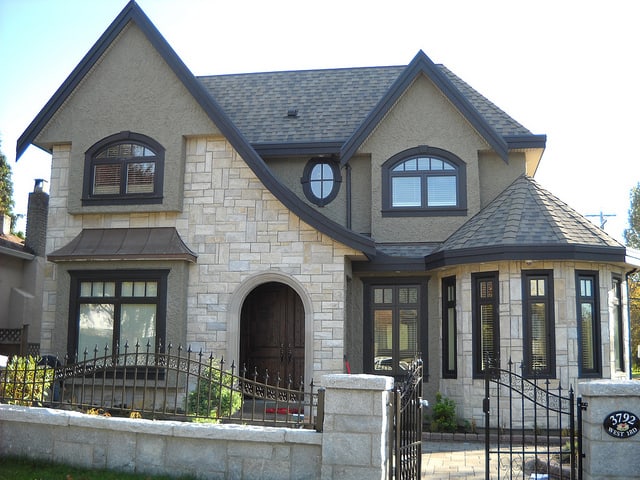Let’s face it—renting a place to live shouldn’t feel like navigating a legal maze, but sometimes it does. Whether you’re living in a high-rise downtown, a mobile home in a quiet park, or a basement apartment in the suburbs, you’ve got rights. The Residential Tenancies Act (or tenancy act, depending on where you live in Canada) protects these rights.
This guide breaks it all down in plain English—what your rights are as a tenant, what to do if those rights are violated, and what to watch out for, especially in today’s fast-moving rental market.
The Residential Tenancies Act: What is it?
Each province and territory in Canada has its own residential tenancy act. While they may differ slightly in details, the goal is the same: protect renters and landlords and keep rental housing fair and functional. Think of the act as the rulebook for living in a rental unit—everything from how much rent can be increased, to whether a security deposit is legal, to who’s responsible for fixing a leaky faucet.
At its core, the Residential Tenancy Act helps renters understand:
- When and how to pay rent
- What’s included in a lease agreement (also known as a tenancy agreement)
- How a fixed-term lease works vs. a month-to-month one
- What to do if your landlord doesn’t follow the rules
- How to handle dispute resolution
It also outlines your responsibilities as a tenant—like keeping your rental unit clean and not damaging the common areas.
Renter rights that apply (almost) everywhere
No matter where you live in Canada, there are a few key rights and responsibilities that apply to most tenants:
- You have the right to a safe, livable rental property
- Protect your personal information
- Your landlord must give proper notice to enter your apartment
- Given notice before a rent increase
- No eviction without a legal reason
When things go south: Dispute resolution options
If you feel like your rights are being violated—say, your property manager won’t return your damage deposit, or you’re being charged random fees—you don’t have to just accept it.
Each province has some form of tenant board or landlord and tenant board. These boards offer alternative dispute resolution options, like mediation or hearings. They’ll walk you through the process, and in many cases, help you resolve issues without stepping into a courtroom.
Here are some common tenant issues that can be resolved this way:
- Unfair rent increases
- Security deposit disputes
- Ignored repairs and maintenance
- Illegal evictions
In Ontario, for example, tenants can file complaints with the Landlord and Tenant Board. In British Columbia, there’s the Residential Tenancy Branch. Almost every province has a website you can visit for additional information.
Pro tip: Keep records of everything—emails, texts, pictures. If a dispute arises, you’ll have the proof you need.
Hot topic: Rental price-fixing is illegal
You may have seen a recent headline that made your blood boil—and with good reason. According to the Competition Bureau, some landlords and property management companies were allegedly working together to artificially jack up rent prices.
That kind of behind-the-scenes deal-making isn’t just shady—it’s illegal. The Competition Bureau of Canada, which acts like a circuit breaker against this kind of economic foul play, has made it clear: Agreeing with competitors to fix rental prices violates the law. That includes apartments for rent, mobile homes, and even high-end rental housing.
The small print: Deposits, leases, and other must-knows
Here are a few things every renter should be clear on before signing on the dotted line:
Standard lease
Provinces have a standard lease or standard form agreement that outlines all the basics—rent amount, lease length, what’s included, and more.
Security deposit vs. damage deposit
These terms are often used interchangeably, but their rules vary. Some provinces cap the amount a landlord can ask for, and others require it to be returned with interest.
Manufactured homes and mobile homes
Coverage is different for those living in manufactured homes. The Residential Tenancy Act still applies, but be sure to check your province’s specific guidelines.
Renter rules by province: Where to get more info
Here are direct links to each province or territory’s residential tenancies act or similar resource. If you’ve got questions about your tenancy agreement, rent increases, or your rights, this is where to go:
- Ontario: Residential Tenancies Act, 2006
- British Columbia: Residential Tenancy Branch
- Alberta: Residential Tenancies Act
- Saskatchewan: Office of Residential Tenancies
- Manitoba: Residential Tenancies Branch
- Quebec: Tribunal administratif du logement
- Nova Scotia: Residential Tenancies Program
- New Brunswick: Residential Tenancies Tribunal
- PEI: Island Regulatory and Appeals Commission
- Newfoundland and Labrador: Residential Tenancies Act
- Yukon: Residential Tenancies Office
- Northwest Territories: Residential Tenancies Office
- Nunavut: Rental Office
Before you sign a lease—Or move in
Before you grab the keys to your new place, take these simple steps:
- Read the lease agreement fully—don’t just skim it.
- Ask questions—about rent, maintenance, and who pays for what.
- Inspect the unit—take photos of any damage before moving in.
- Know your rights—every tenant should be aware of what’s in the Tenancy Act.
Final thoughts
Renting can be a great way to live flexibly and affordably—but only if you know your rights and protect your wallet. The Residential Tenancy Act isn’t just for lawyers. It’s for students, young professionals, seniors, and anyone living in a residential complex or rental unit.
Whether you’re trying to understand a rent increase, handle a dispute with your landlord, or find apartments for rent, having the right information is power.
So before you sign anything, scroll past the ads and click through to your province’s tenancy rules. Your future self will thank you.
If you’re having a hard time making rent payments on time because of debt, we can help!. Our Credit Counsellors can expertly guide you through what debt relief options are available and recommend one for your specific situation.










